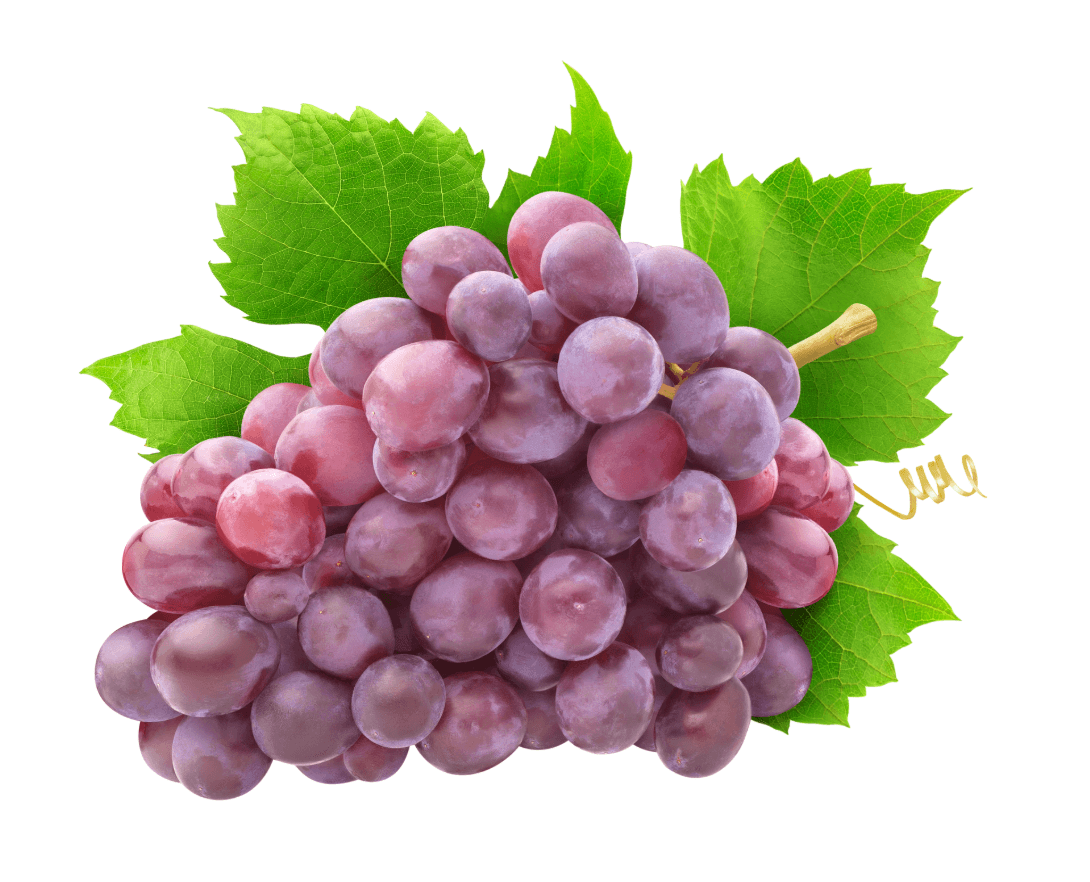Grapes
Dogs and cats must never eat grapes. Grapes can cause severe poisoning and are extremely harmful to their health.

Grapes contain toxic substances that can damage kidney function in dogs and cats, and in severe cases, they can even trigger acute kidney failure. Although the exact toxic compound is still unknown, some people mistakenly believe small amounts are safe. To protect your pet’s health, it is safest to avoid feeding grapes entirely. If your pet accidentally eats grapes, closely observe them for any symptoms and consult a veterinarian immediately for professional treatment.
Acute Kidney Failure
Acute kidney failure is a sudden and severe decline in kidney function. It may occur when kidney tissue is exposed to highly toxic substances or is damaged by toxic reactions inside the kidneys.
Common symptoms include:
- Vomiting
- Diarrhea
- Loss of appetite
- Reduced urine output
- Nausea
- Pale or whitish gums
- Dehydration
- Fever
- Tremors
If left untreated, acute kidney failure can be fatal. If your pet shows any of these symptoms, seek veterinary care immediately.
Symptoms After Eating Grapes
When a dog or cat eats grapes, symptoms can vary depending on the amount consumed, body weight, age, and overall health. Common symptoms include:
- Vomiting
- Diarrhea
- Loss of appetite
- Reduced urine production
If the condition worsens, complications such as kidney failure may occur.
What to Do If Your Pet Eats Grapes
If you suspect your pet has eaten grapes, contact a veterinarian as soon as possible for proper guidance. If your pet is already showing symptoms, the following steps may be taken:
- Induce vomiting: If vomiting occurs naturally, it can help remove toxic substances from the body.
- Monitor urine color: If a large amount of grapes was eaten, urine may become darker — observe closely.
- Watch their condition carefully: Continue monitoring and seek veterinary help immediately if symptoms worsen.
Veterinary Treatment
At the clinic, treatment will vary depending on the severity of poisoning and the amount consumed. Typical treatments include:
- Inducing vomiting: If you arrive before symptoms appear, the veterinarian may induce vomiting to expel toxic substances.
- Detoxification and supportive care: Removing toxins from the body and restoring kidney function.
- Fluid therapy: If your pet shows signs of dehydration or severe illness, IV fluids help maintain hydration and support kidney recovery.
- Hospitalization: In severe cases, intensive treatment and monitoring may be recommended until your pet’s condition stabilizes.
The specific treatment approach will depend on the amount ingested, the pet’s health condition, and the veterinarian’s judgment. In some cases, additional treatments may be necessary.
Summary
Grapes are highly toxic to both dogs and cats and can cause serious kidney damage or even acute kidney failure — sometimes even in small amounts. Because the specific toxic substance remains unknown, the safest approach is to avoid feeding grapes under any circumstances. If your pet accidentally consumes grapes, monitor them closely for symptoms like vomiting, diarrhea, or loss of appetite, and contact a veterinarian immediately. Early medical attention is crucial and can significantly improve the chances of a full recovery.